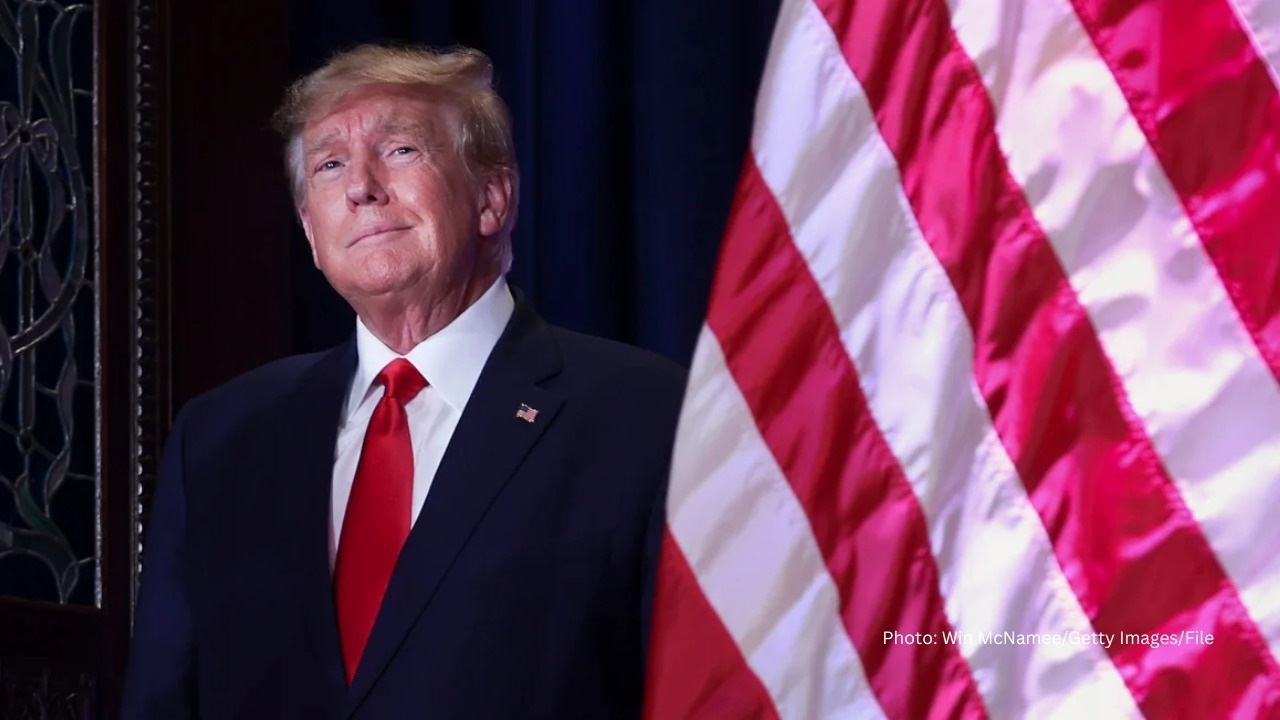US Election and Trump’s rhetoric of dismantling “Deep State”
Shamsul Arif Fahim | 25 November 2024
The 2024 United States presidential election took place on November 5, with former President Donald Trump defeating Vice President Kamala Harris. Trump won 312 electoral votes, exceeding the 270 needed, while Harris secured 226. In the popular vote, Trump garnered roughly 77.2 million votes (49.9%), compared to Harris's 74.7 million votes (48.3%). Beyond the election results, the debate around the concept of the "Deep State" became a significant part of the political discourse, particularly during Trump's campaign. He frequently used the term to describe what he claimed was an entrenched bureaucratic system working against elected officials and undermining democratic processes. This narrative has fueled polarization and skepticism toward government institutions, even as evidence supporting the existence of such a system remains scarce.
A 2024 Gallup poll revealed that 42% of Americans believe in the existence of a hidden power structure influencing political outcomes. For Trump, the deep state narrative ties into his broader argument that career officials and federal agencies obstruct the will of the voters. During his presidency, he often accused government institutions of sabotaging his policies on immigration, foreign relations, and economic reform. The investigation into alleged Russian interference in the 2016 election, which Trump repeatedly dismissed as a “witch hunt,” became a focal point for his claims, reinforcing the idea of a shadowy network working to undermine outsiders challenging the status quo. Incidents like whistleblower complaints and high-profile clashes with the FBI and Department of Justice only added fuel to this rhetoric.
Despite these claims, the notion of the federal workforce as a unified entity opposing the executive branch does not hold up to scrutiny. The U.S. civil service, consisting of approximately 2.1 million employees, is tasked with implementing laws passed by Congress and the President. These professionals work within legal frameworks designed to ensure impartial governance, regardless of political shifts. Trump’s critique of the deep state, however, extends beyond federal institutions. He has linked it to globalization, arguing that international agreements, military interventions, and trade deals have undermined American sovereignty. For example, his decision to withdraw from the Paris Climate Agreement was framed as a stand against an elite-driven agenda that prioritized global concerns over domestic interests. This aligns with his "America First" philosophy, which emphasizes national economic growth and reduced reliance on multilateral institutions.
Critics oppose that the deep state narrative serves to delegitimize opposition and consolidate power within the executive branch. By framing dissent as the work of a hidden cabal, this rhetoric can be used to justify bypassing established democratic processes. This approach threatens public trust in government and erodes transparency and accountability, cornerstones of a functioning democracy. Moreover, efforts to reform or expose the deep state often involve appointing loyalists to key positions, raising concerns about the politicization of nonpartisan institutions. For instance, Trump’s appointments to the judiciary and intelligence community were frequently criticized for prioritizing ideological alignment over expertise, potentially setting a dangerous precedent for future administrations.
Ultimately, the concept of a deep state, while politically convenient for some, lacks concrete evidence and poses risks to democratic principles. Attempts to dismantle or politicize the civil service undermine impartiality and continuity, which are critical for effective governance. As the U.S. approaches future elections, it is imperative to critically assess such rhetoric and consider its implications for the preservation of democratic norms and the functionality of governmental institutions.
Shamsul Arif Fahim is a Research Intern at CGS
Views in this article are author’s own and do not necessarily reflect CGS policy.
